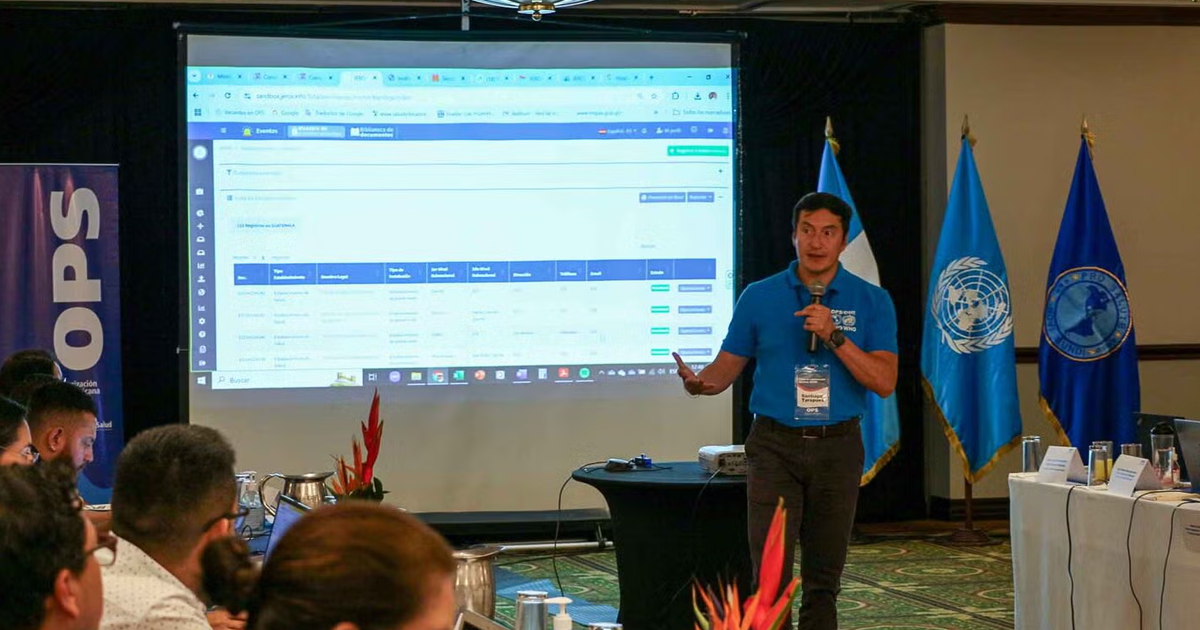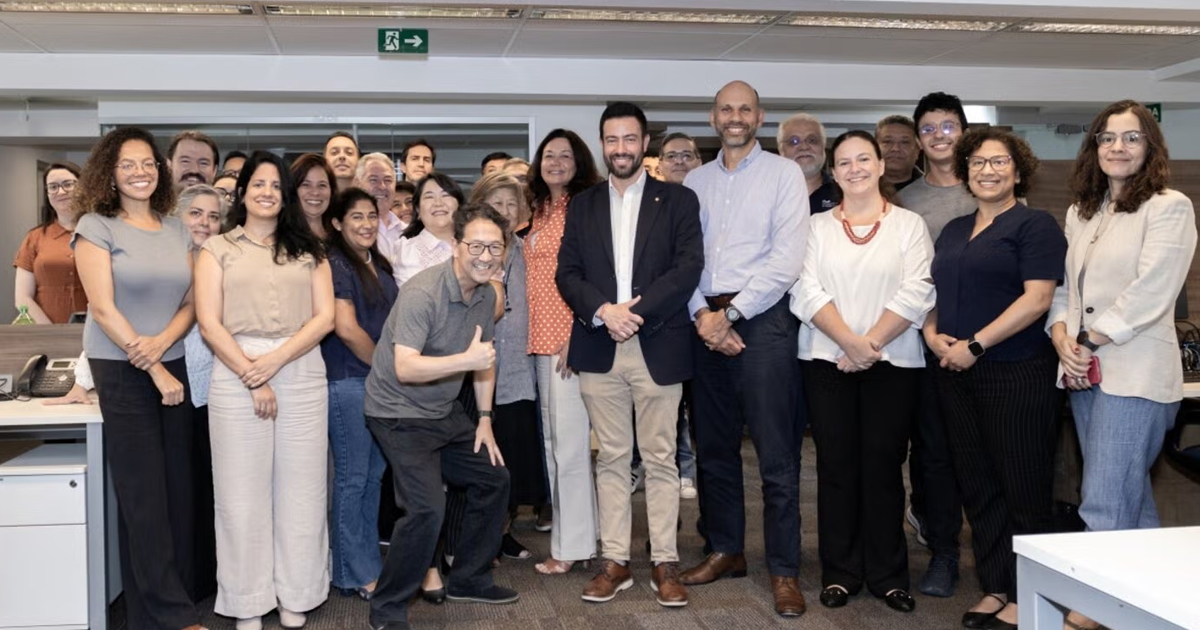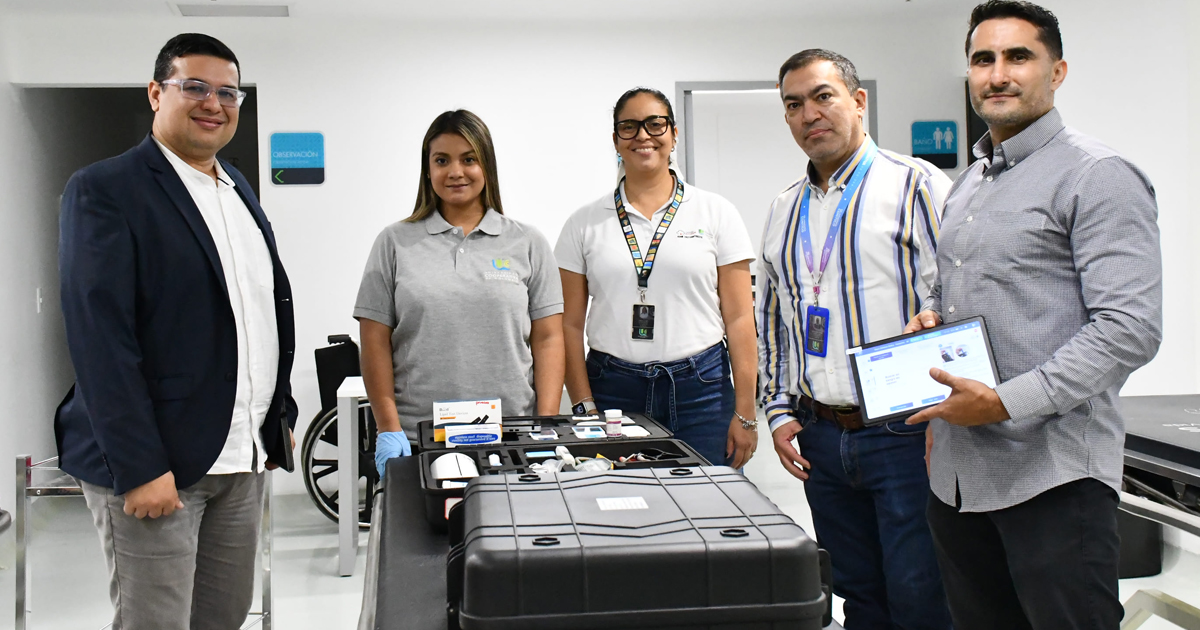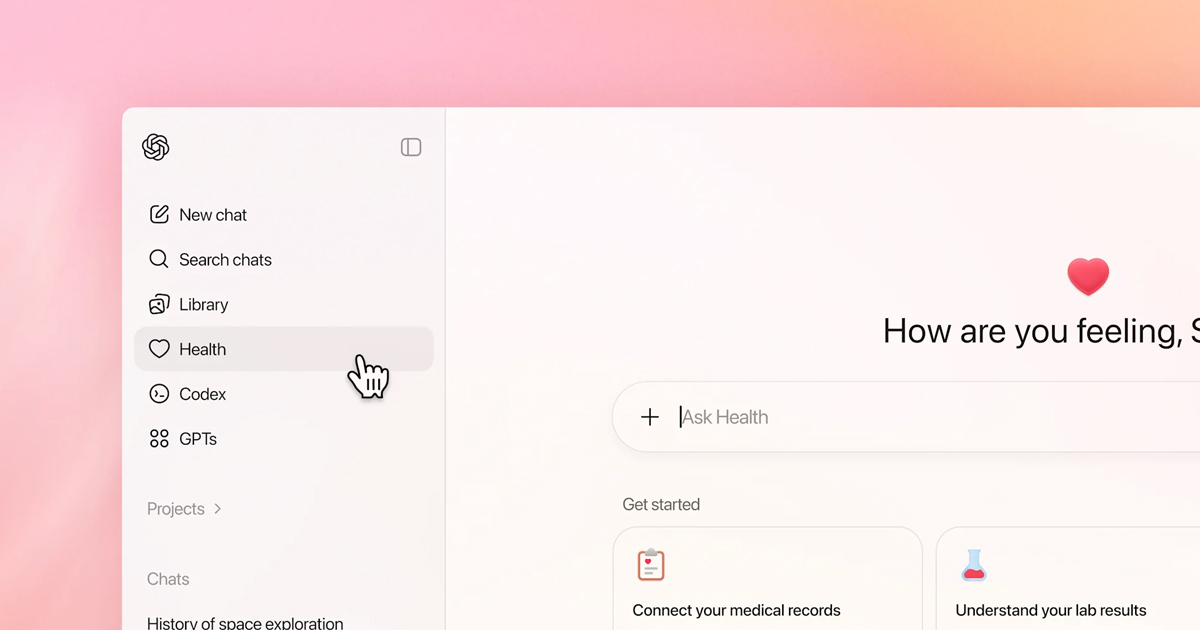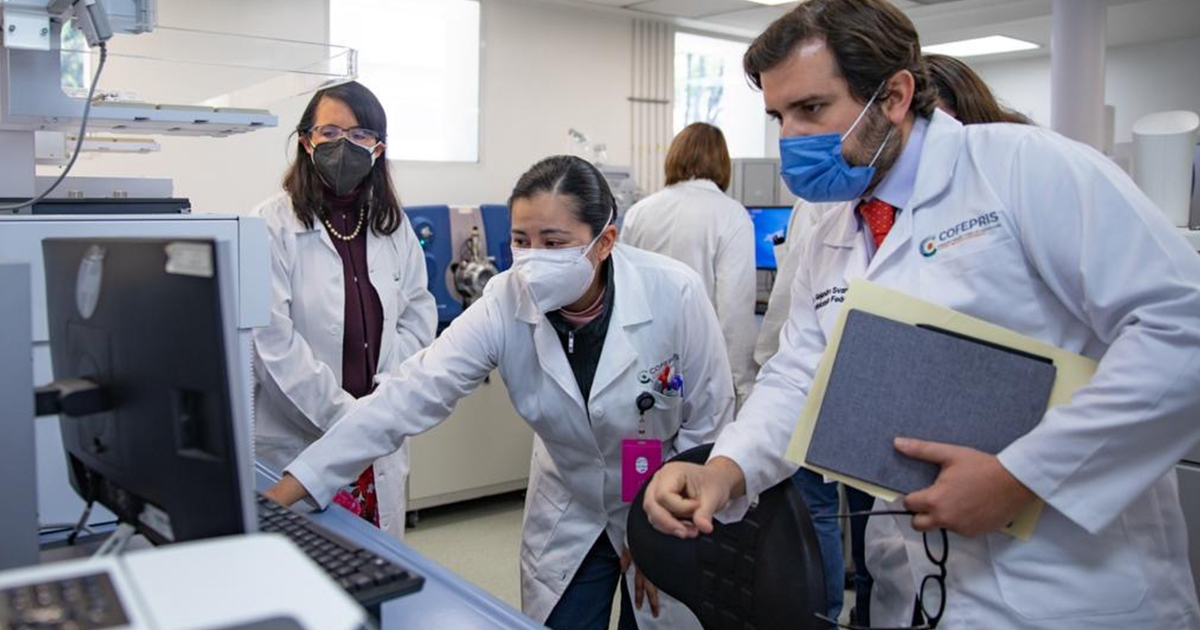Un nuevo convenio entre el sistema de salud mental de California y dos empresas de tecnología, busca evaluar el estado de pacientes con depresión y ansiedad, y funcionar como una alarma de incendios para comprender los niveles de estrés en que se encuentra.
El New York Times dio a conocer el pasado mes de julio la existencia de una herramienta que podría ayudar a las personas que sufren de trastornos de depresión y que tienen tendencias suicidas. Funcionarios de salud mental de California, Mindstrong y 7 cups, presentaron un sistema de advertencia temprana que podría ayudar a prever una crisis emocional inminente, permitiendo así, tomar las medidas necesarias para evitarla.

El interés por esta alternativa no se hizo esperar y desde invierno pasado miles de personas se han acercado a probar su eficiencia. Sin embargo, el sistema público de salud mental se dio a la tarea de analizar su uso y resultados para proporcionar información.
Through apps and smartphones, se han comenzado a poner a prueba estos sistemas para considerar su uso para promover la salud mental y solicitar asistencia cuándo un individuo la necesita. Algunos sujetos que estuvieron dentro de los primeros grupos en someterse a estas pruebas fueron personas que sufren de un trastorno de personalidad limítrofe, que normalmente tienen dificultades para identificar su propia angustia.
Lynn McFarr, directora de la clínica de terapia cognitiva y dialéctica del comportamiento en Harbor U.C.L.A. Centro Médico, asegura que “las personas con trastorno límite de la personalidad tienen dificultades para identificar cuándo la angustia es muy alta”. Añadió que con la herramienta se podría mostrar, en forma de bio-retroalimentación, que las señales salieron de control cuando se tiene una emoción distinta, por ejemplo, alguna riña con un compañero de trabajo, y serían capaces de anticiparla y dirigirla con habilidades aprendidas.
A través de una ficha digital, los usuarios llevan una bitácora diaria de eventos y factores que pueden contribuir a su estado de ánimo, monitoreando así síntomas de depresión o ansiedad. De este modo, pueden identificar algunos que sean fatalistas y encontrar esos momentos que afectaron a su estado de ánimo en algún momento en particular.
Tanto Mindstrong como 7 Cups, redes digitales de salud mental, están comprometidas a proporcionar la más alta tecnología al servicio de la salud mediante el uso de plataformas digitales.
Por estos medios, los usuarios tienen acceso a opciones para identificar y calmar sus síntomas, como un chat y hasta una persona capacitada como “escucha”, entrenado para evaluar la severidad del problema y que pudiera contactar a la persona con un terapeuta de 7 Cups en cuestión de segundos.


Aunque definitivamente son herramientas interesantes que pueden abrir muchas puertas para combatir problemas diarios relacionados con la salud mental, existen ciertos retos que superar. Uno de ellos es la falta de confianza en plataformas tecnológicas y el respeto a la privacidad de los usuarios.
Un gran número de usuarios sólo se han identificado con la herramienta del análisis propio que deben llenar diario. Sin embargo, estudios han revelado que los pacientes con desordenes de ansiedad dependen en su gran mayoría de contacto y tratamiento físico y personal.
Aun cuando Mindstrong cuenta ya con más de 40 millones de usuarios, todavía no se ha expandido a América Latina y se encuentra en una etapa de prueba limitada a ciertos usuarios. Sin embargo, se espera que este año cuente con más de 340 mil escuchas en 189 países. Lo cierto es que, la tecnología siempre seguirá evolucionando y estas plataformas de probarse exitosas, podrían terminar transformando el cuidado de la salud mental.


